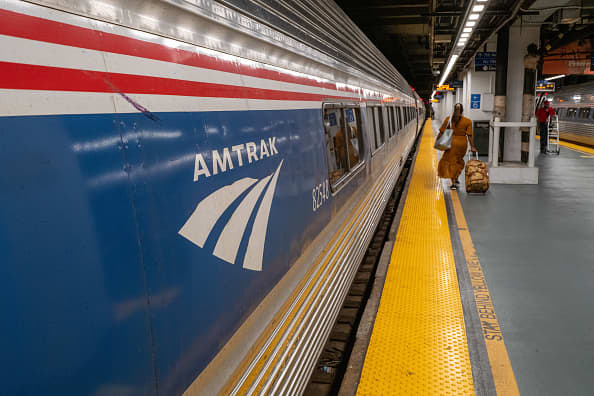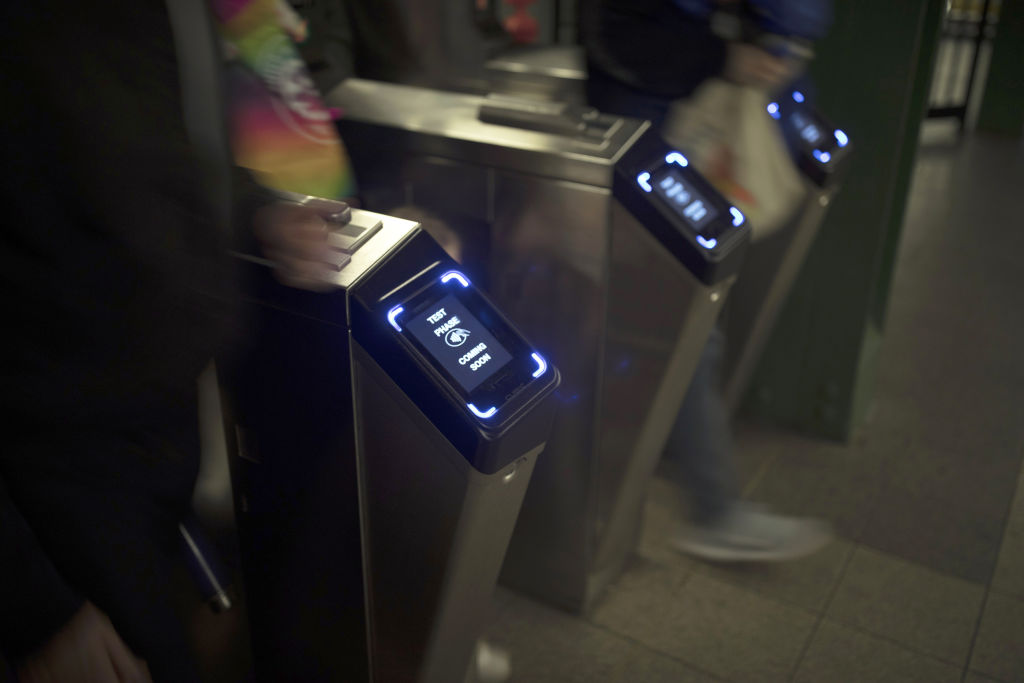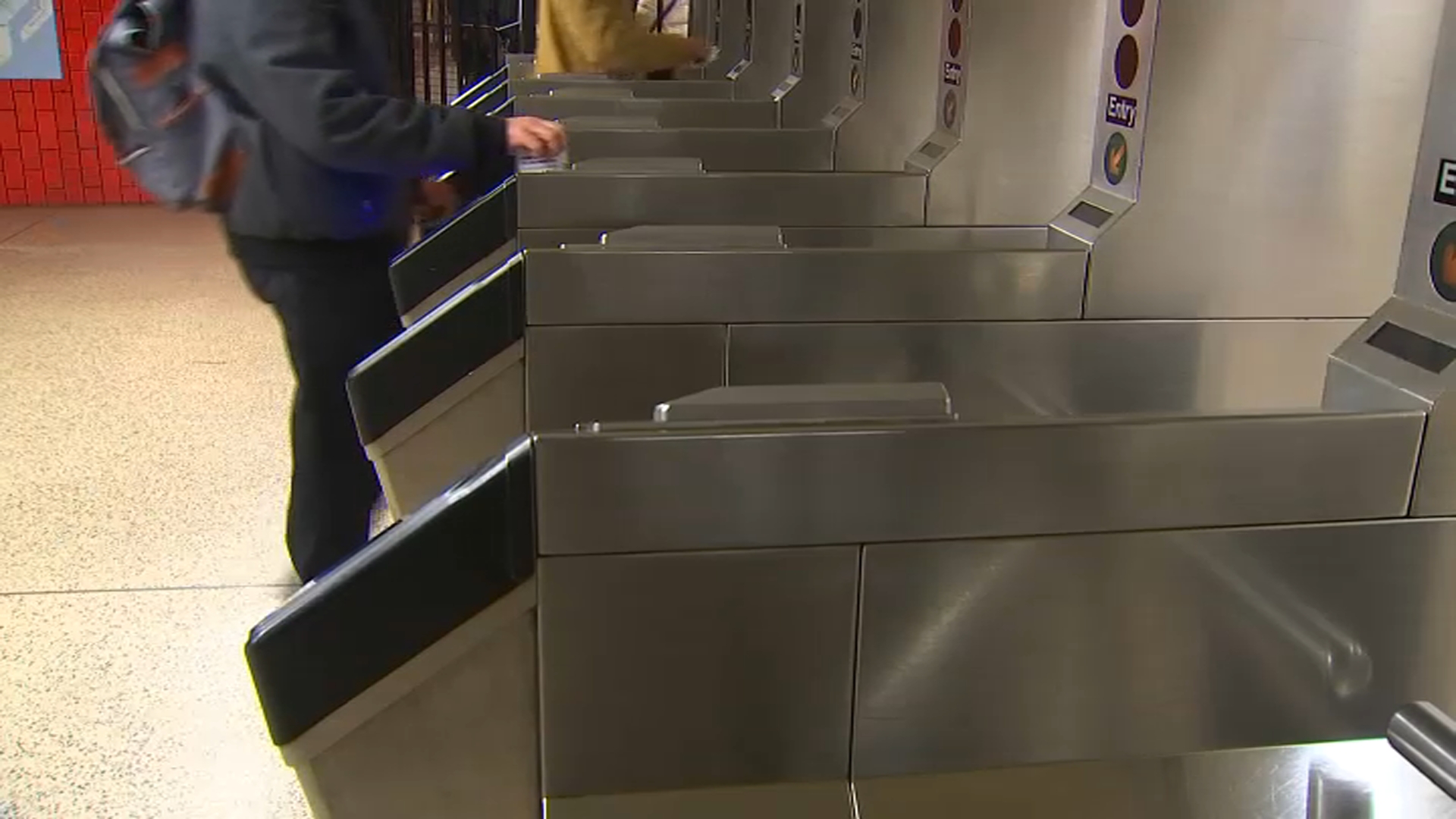Whether it’s people jumping the turnstile, unlatching easy-to-reach emergency exit doors, or hopping on a bus without paying, fare evasion is rampant across the city. NBC New York’s Andrew Siff reports.
What to Know
- Whether it’s people jumping the turnstile, unlatching easy-to-reach emergency exit doors, or hopping on a bus without paying, fare evasion is rampant across the city.
- The panel found that the MTA lost $500 million to fare evaders in 2021 and a $690 million loss last year, a 38% spike.
- Of this loss, buses account for $315 million and subways $285 million.
Whether it’s people jumping the turnstile, unlatching easy-to-reach emergency exit doors, or hopping on a bus without paying, the MTA says fare evasion is rampant across the city.
Unlike the current turnstiles, which have been prone for years to fare jumpers, some of the high-tech models the MTA is now looking at have higher glass doors and can detect when someone tries to sneak in behind another person — and notify the MTA, or even law enforcement.
Watch NBC 4 free wherever you are
Roger Maldonado is co-chair of a 16 member panel that spent the last year studying fare evasion and says that the fare gates are designed to make it much harder to evade jumping fare.
Get Tri-state area news delivered to your inbox with NBC New York's News Headlines newsletter.
The panel found that the MTA lost $500 million to fare evaders in 2021 and a $690 million loss last year, a 38% spike. Of this loss, buses account for $315 million and subways $285 million.
The panel’s main finding is that fiscal losses caused by fare and toll evasion are staggering.
“The problem is much bigger than everyone thinks," MTA Blue Ribbon Panel Co-Chair Rose Pierre-Louis said.
Meanwhile, Maldonado said that the MTA runs the risk that fare evasion becomes permanently embedded in our community. In an effort to avoid this, the panel is recommending the MTA change the way passengers get into the subway system.
Aside from the higher glass doors, there will be an ad campaign to stress to riders that buses are no longer free like they were in the first part of the pandemic.
Rose said the campaign will have clear messaging that riders have to pay.
Many commuters are sick and tired of watching the fare beating epidemic continue.
“These little petty crimes just bring it down for everybody," Eleanor Winters, a commuter, told News 4 New York.
Meanwhile, the MTA acknowledged the subway system won’t be going high tech overnight.
“Obviously, that kind of a move at that scale is gonna take a while," MTA Chairman Janno Lieber said.
But, how much will it cost to put these high tech gates at all 462 stations? Lieber did not put an exact price tag on the updates but said it would be in the billions of dollars.




